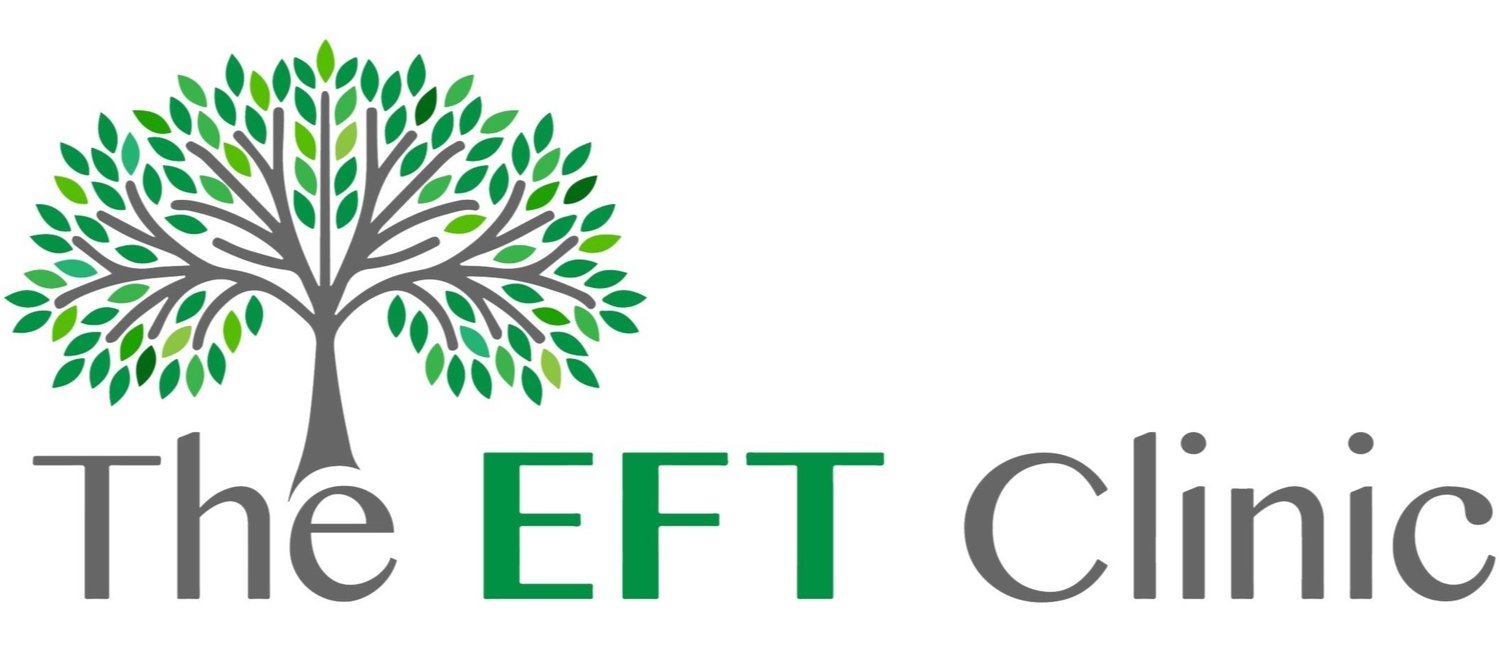Talking to Kids about an Affair
/How to
Talk
to
Your Kids
about an
Affair
by Dr. Christine Holding, LMFT
What do we tell the kids? This is a common question that comes up in therapy and is a tricky one to navigate. Some parents wonder if it’s harmful to share any information about a parent’s affair, while others are tempted to sit the kids down and reveal all. Ask yourself what is appropriate and when the best time is to reveal details about an affair. As painful as it may be, children are typically more aware than given credit and may require an explanation if they see evidence of infidelity or overhear conversations and arguments about an affair. Also, children may potentially be confronted with questions from friends or neighbors, or hear about the affair on social media. Listen carefully to your child’s questions and give timely, age-appropriate responses that help the child. For example, your children may ask, “Why are you and Dad going to counseling every week?” or “Are you and Mom getting divorced?” When this happens, it is best to sit down with your children together and answer their questions simply and honestly. An honest answer doesn’t mean giving all the details, but answering in a way that your child feels heard, reassured and comforted.
Here are a few examples of questions with age appropriate responses:
A preschooler may ask: “Why are you sad, Mommy?”
Answer: “We all feel sad sometimes.” “Mommy and Daddy are working on a problem that has nothing to do with you. We both love you very much.”A grade-schooler may ask: “What’s happening with you and Mom? You seem mad a lot.”
Answer: “What have you noticed or heard that makes you worried?” “Mom and I are working together to solve a difficult issue. We love our family and want to work things out.” “We hope you will talk to us when you feel concerned.”A teenager may ask: “I heard you had an affair? Are you and Dad getting divorced?”
Answer: “I made a mistake and had a romantic relationship with someone other than your dad. Some details are private and not appropriate to share, but I am committed to working through this with your dad. I want us to be able to talk about this and you can come to me with your questions.”
Three things to avoid when sharing information about an affair with children:
First, avoid giving unsolicited information. Give information on a need-to-know and age-appropriate basis. The reason to talk about the affair and answer questions is to create safety for your children and not to help you process the affair or feel like you have a confidant (seek professional help or a friend). Therefore, listen carefully to questions and be curious about what they are really asking. Usually, a child is asking for reassurance rather than details.
Second, avoid asking children to keep secrets. Share only information you are comfortable with them sharing with their friends, teachers, and relatives. It’s fine to talk about keeping family conversations confidential, but there should be no expectation of secrecy or punishment if a child shares outside the family. This may be a sign that your child is seeking support.
Third, avoid speaking for the other parent. Children should never be used as pawns to hurt a betraying partner or to win support. Most children love both parents and feel loyalty to both parents. Whenever possible, allow the person who had the affair to answer questions about the relationship. If this isn’t possible, answer questions simply and honestly but without condemnation. Asking children to choose between parents can create fear, confusion, and insecurity for the child. Avoid having a “Team Mom” and “Team Dad.”
What children want most is to know that that they can count on loving parents to be accessible and responsive to their needs. By limiting exposure to details, discussing fears, and consistently reassuring children of your love and commitment to the family, you can create an atmosphere of safety and emotional security for your children during a difficult time.
If you have questions or need help working through an affair, please contact The EFT Clinic at 385-695-5949 or info@theeftclinic.com. We are here to help.
For further ideas about healing from an affair, I recommend “Not Just Friends: Rebuilding Trust and Recovering Your Sanity After Infidelity” by Shirley P. Glass, PhD.
Dr. Christine Holding is a licensed psychotherapist and relationship expert who specializes in helping couples build loving and secure relationships. She is the co-owner of The EFT Clinic for Couples and Families, and the owner of Sunlight Family Therapy located in Millcreek, UT and Jackson, WY. She is honored to have received in 2021, for the fourth consecutive year, The Best of Salt Lake City Award for Marriage and Family Therapy. Christine is a nationally approved supervisor by the American Association of Marriage and Family Therapy (AAMFT) and an internationally certified supervisor for Emotionally Focused Therapy (EFT), the most effective research-based couples therapy available today. She has advanced training in crisis response and in the treatment of trauma survivors. Christine loves teaching and training professionals, students and the public about the universal need for love and connection.
Call or Email our office today to schedule a session with one of our incredible therapists.



